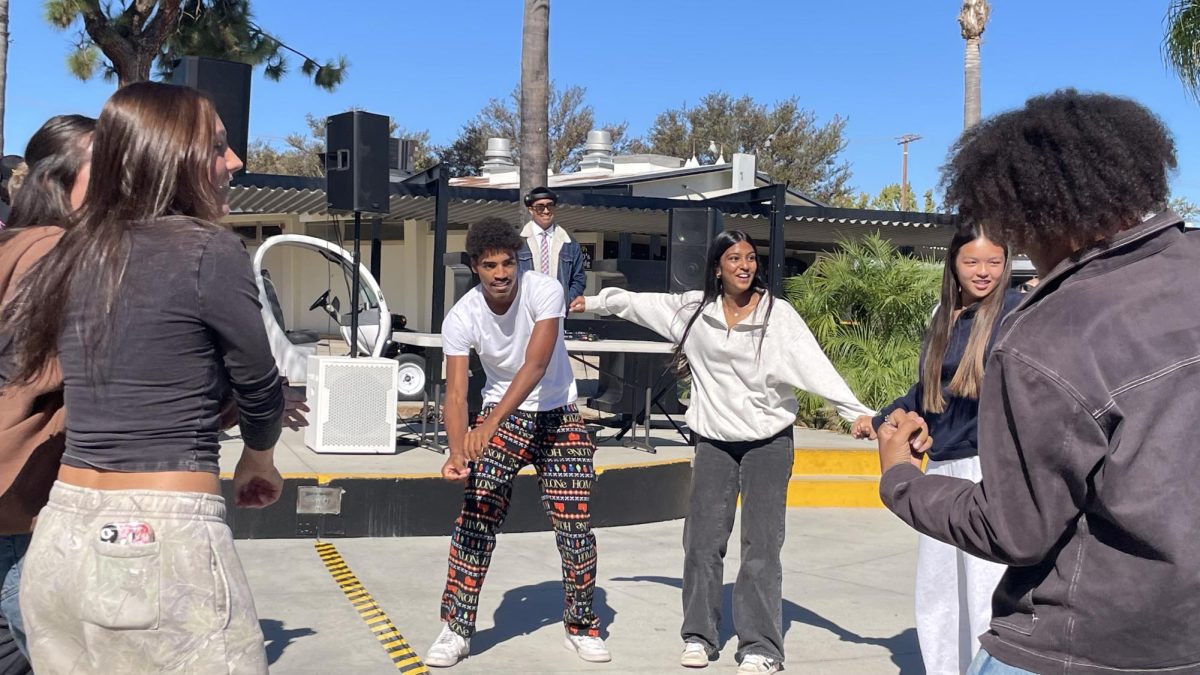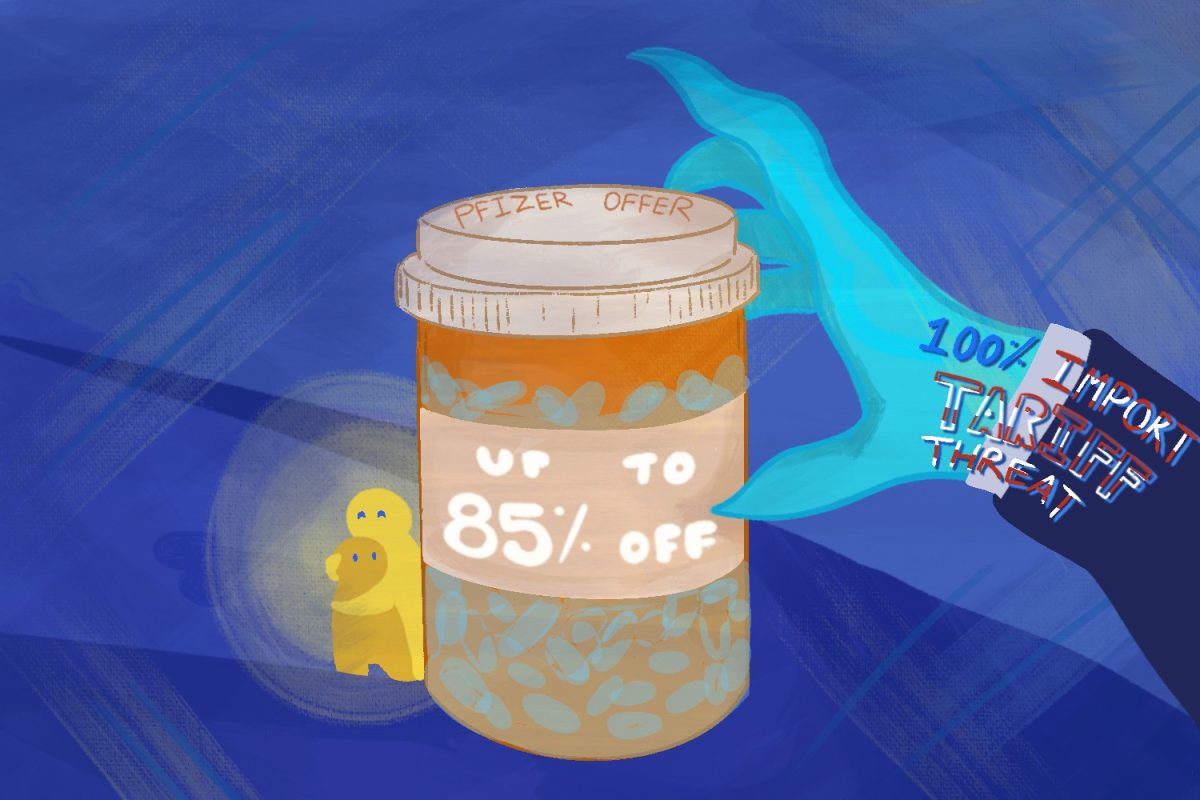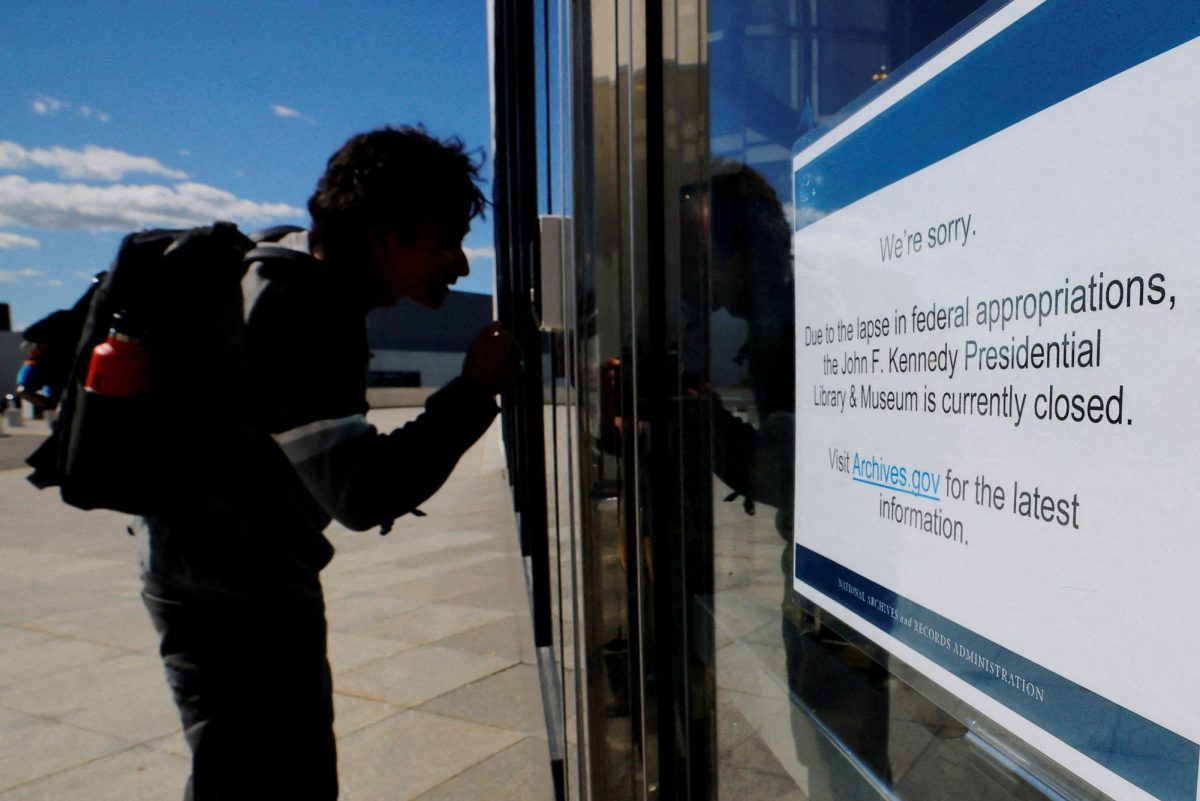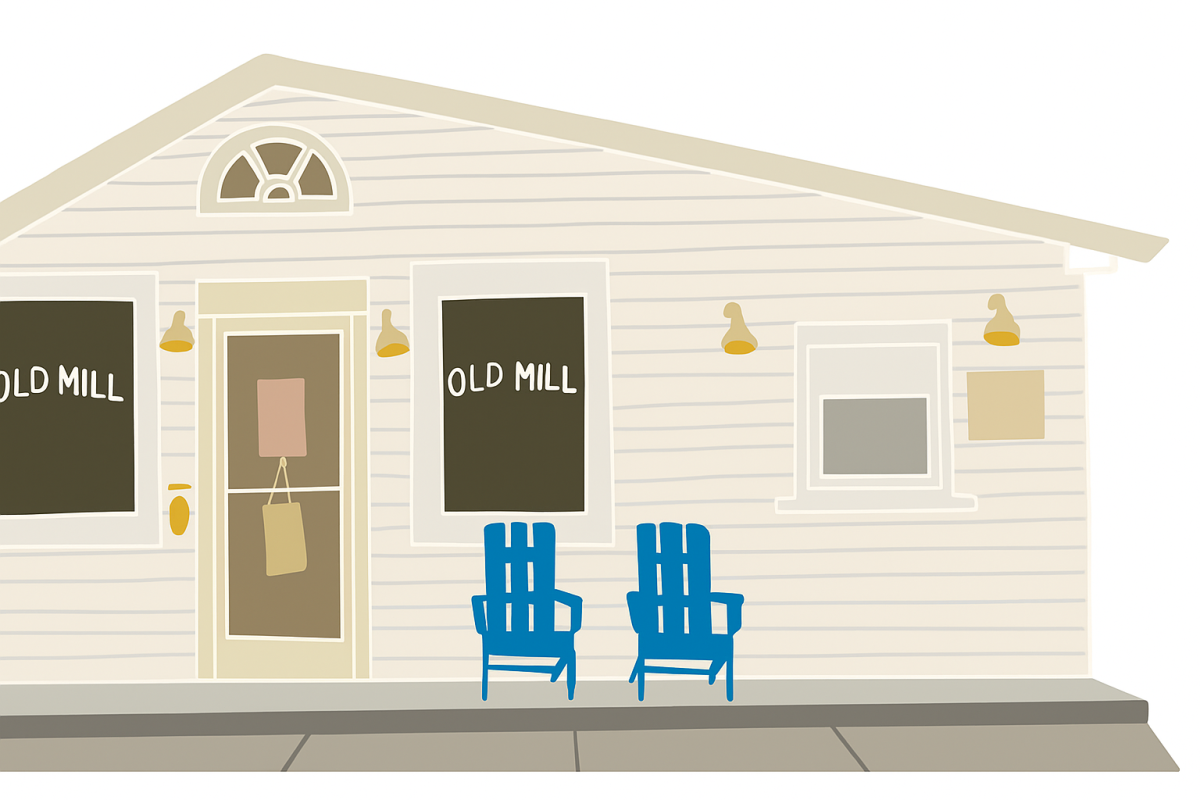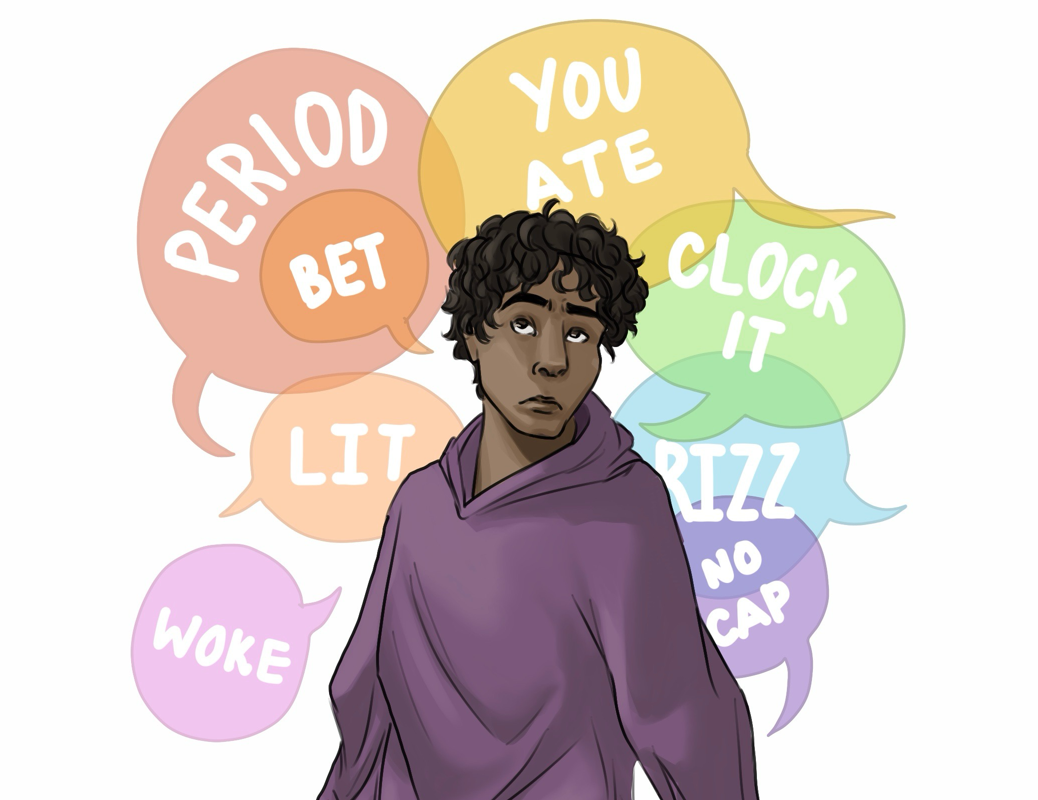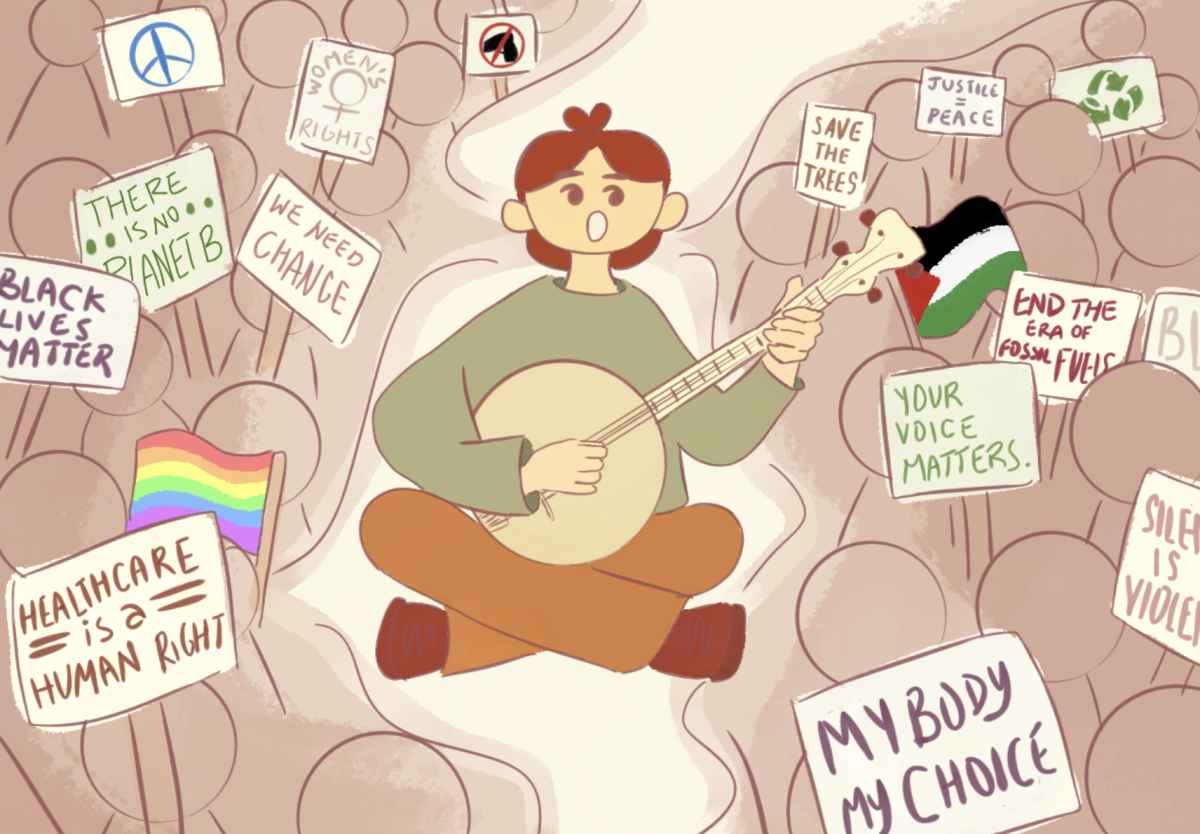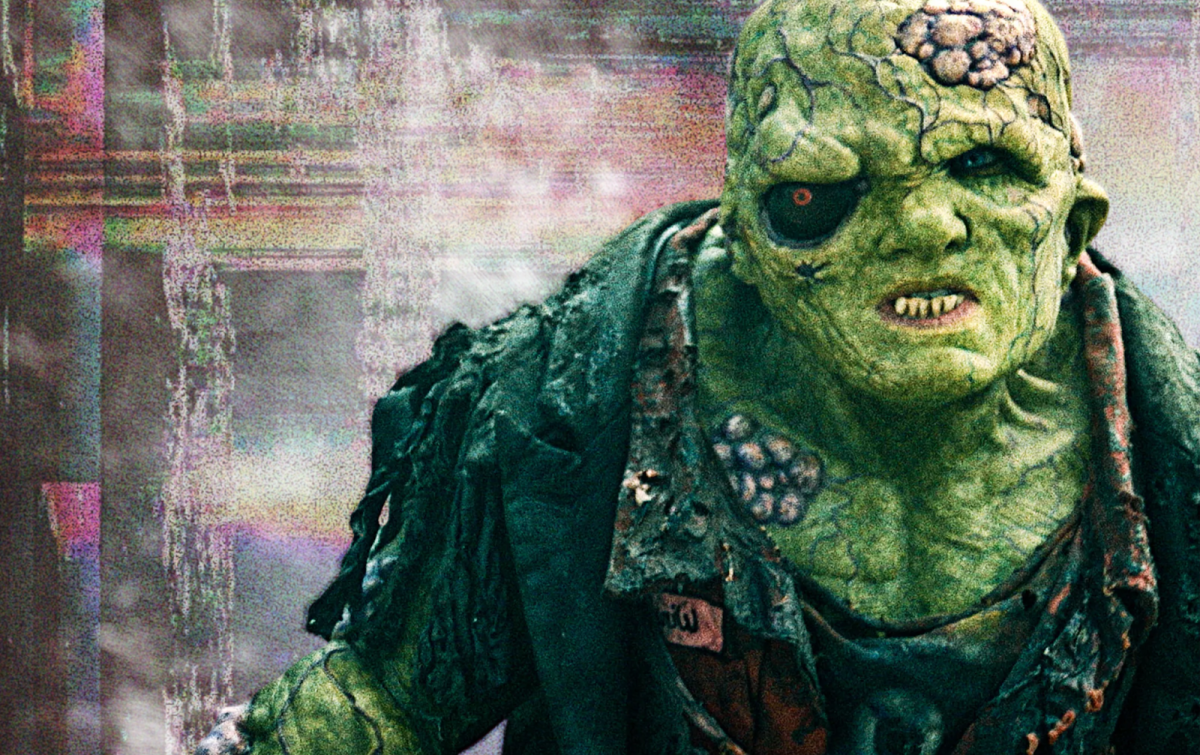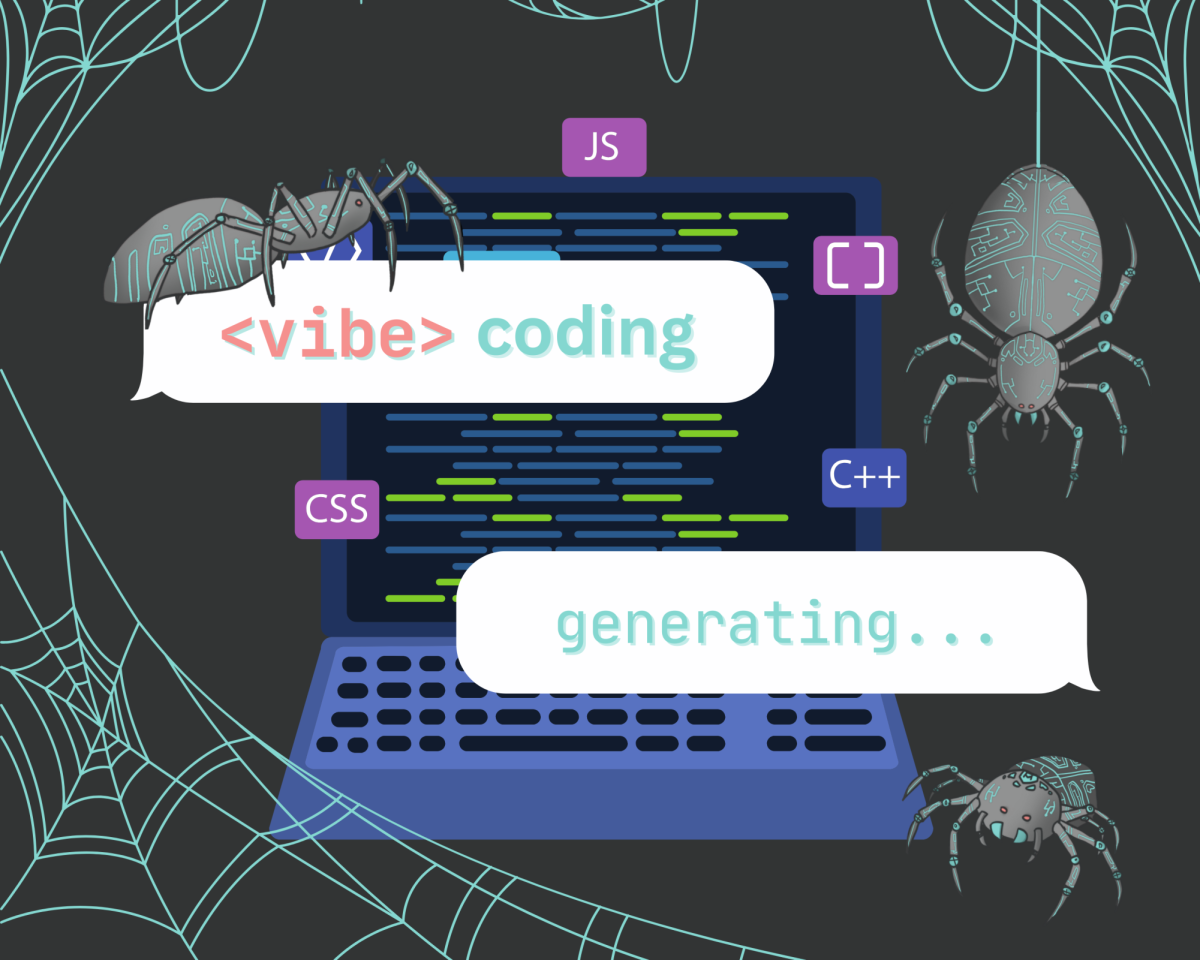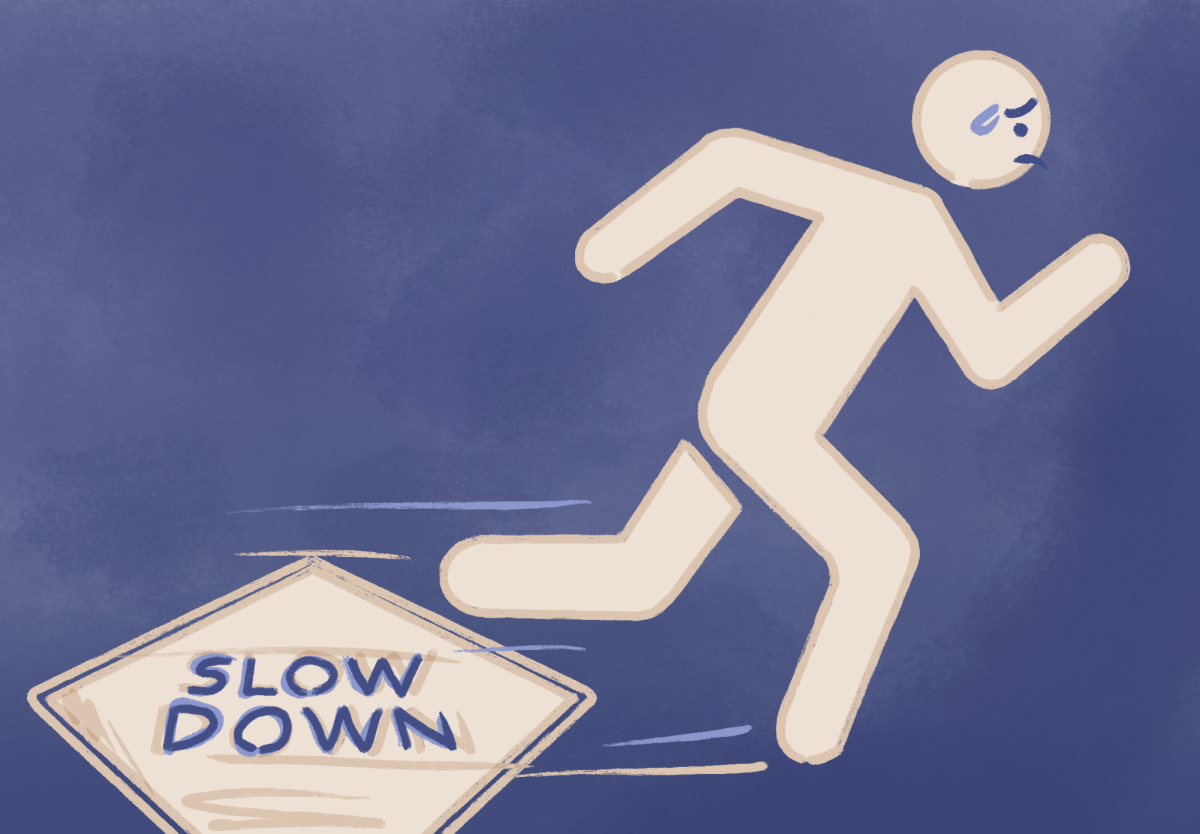Ever had a friend tell you that “you ate?” Or have you tapped your finger and thumb together, exclaiming, “Clock it?” Or even used “period” in a way that isn’t signifying the grammatical ending of a sentence? You’re not alone.
People see Gen Z using these phrases online and misattribute their origin to this generation. In reality, many of these “slang” words used today trace back to Black and queer communities. These words have been lifted from their origins and now circulate through mainstream life.
Now, linguists and professors are searching for answers to why people are adopting these phrases from traditionally marginalized groups — and encouraging people to acknowledge those groups.
Many modern American slang terms come from African American Vernacular English, a dialect of English. Traditionally, using AAVE has resulted in discrimination for being an unsophisticated version of English, yet AAVE has remained present throughout various types of media.
These terms have often been pulled from queer communities and are sometimes an intersection between queer and Black culture. “Clock it,” a way to playfully call someone out, comes from the Black drag community. Earlier this year, it was popularized by a contestant on “Love Island” and eventually spread to a broader audience on TikTok.
Steven Castro, a linguistics fellow at the University of Chicago, approaches answering this question by recognizing that people subconsciously use language from cultures and people who they deem “cool” in order to emulate them.
“A lot of the communities that create these slangs, they might be seen as cool, they might be seen as chill, they might be seen as trendy,” Dr. Castro said. “So speakers who are not members of those communities might latch onto certain words and try to use them, not to claim that they are a member of that group but to claim they have a similar vibe.”
Taela Dudley, a graduate student in linguistics at the University of Chicago, agrees with the idea that people hook onto phrases and words to express that they are not mainstream and that they are part of the minority.
“Marginalized groups are seen as trailblazers in a way, like they don’t look to authority and they have their community and I think there is something appealing about that,” Ms. Dudley said. “So a lot of people outside of these groups start to pick up on these phrases as a way to signal, ‘Hey, I am also counterculture and anti-authority. I’m part of this “other” group that is doing our own thing.’”
In mainstream culture, marginalized groups often get lumped together, making it difficult to see where language truly comes from. At the same time, that overlap has fostered intersectionality and connection between communities. But it also pushes these groups together, creating intersectionality.
“In the LGBTQ community, ballroom culture arose as a safe haven for a lot of BIPOC queer people who couldn’t find spaces amongst the cis[gender], white, gay men,” Ms. Dudley said, using a shorthand term for Black, Indigenous and people of color. “So you have a lot of Black and Latinx queer people all together in these spaces, and that’s where I see a lot of the intersectionality coming in.”
While scholars have not found a singular solution for how to respect and attribute to the cultures where these terms originated without erasing them, because many words are now far removed from their origin — for example, the word “dude” comes from AAVE.
Both Dr. Castro and Ms. Dudley agree that a way to respect these cultural groups is to learn about the origins of the words you use, and don’t just use them because they are trending.
“Think about, where does this come from? Do a little deep dive. ‘Oh, this word came because of this, so this is why I am using it,’” Dr. Castro said.
But even with awareness, language evolves. As slang enters the mainstream, its cultural roots fade.
“Once they catch on, they do lose some of their meaning, and then their original community might stop using it at that point,” Dr. Castro said. “Then they create another one, and then the cycle just continues.”
Period.
This story was originally published on U-High Midway on October 17, 2025.

